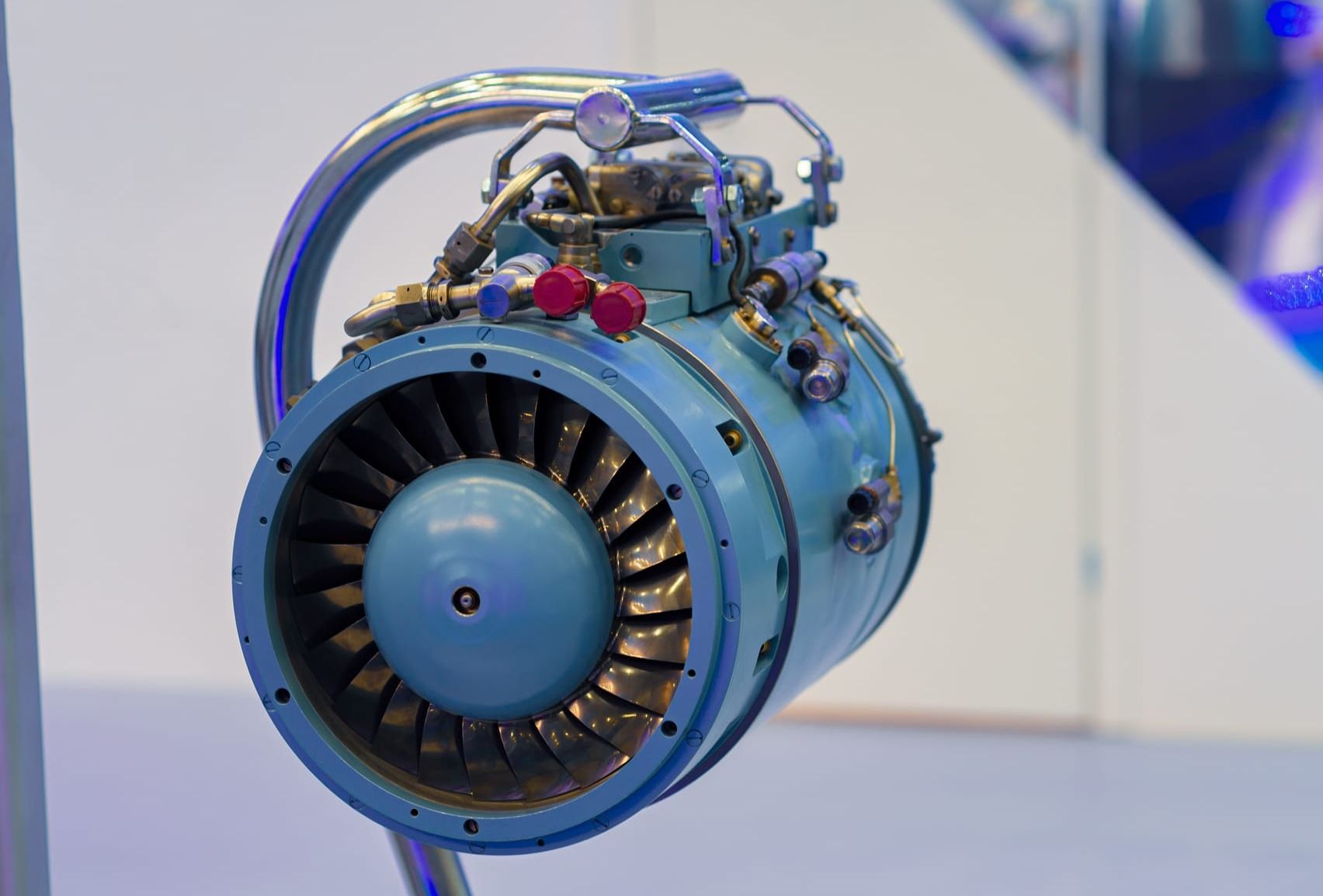INTERNAL COMBUSTION, GAS TURBINES, BIOMASS

- Diesel Generators:
Compact internal combustion engines that burn diesel fuel to drive a generator. Commonly used for backup or off-grid power. Domestic units typically produce 1–20 kW. Electrical efficiency is 25–35%, but overall energy efficiency improves if heat is recovered (CHP applications). Pros: reliable, easy to refuel, robust. Cons: noisy, high fuel cost, CO₂ and particulate emissions, regular maintenance required. - Petrol (Gasoline) Generators:
Similar to diesel gensets but use petrol. Power output is typically 1–10 kW for household use. Efficiency is lower (20–30%), with higher fuel consumption per kWh. Pros: lightweight, portable, simple to operate. Cons: more expensive fuel, lower efficiency, higher emissions, shorter lifespan compared to diesel. - Gas Turbines (Microturbines):
Small-scale gas turbines burn natural gas, biogas, or propane to spin a turbine connected to a generator. Domestic microturbines provide 5–50 kW, with electrical efficiency around 25–35%, but can reach 70–80% in combined heat and power (CHP) applications. Pros: high reliability, low vibration, can run on multiple fuels. Cons: high capital cost, complex maintenance, and lower efficiency at very small scales compared to reciprocating engines. - Hydrogen Fuel Generators (Combustion-Based):
Internal combustion generators adapted to burn hydrogen gas. Domestic-scale units produce 1–10 kW. Electrical efficiency is 20–30%, with water vapor as the main emission. Pros: clean combustion, renewable if hydrogen is green. Cons: high fuel cost, storage challenges, safety concerns, low commercial availability. - Wood Burner Water Heating (Biomass Thermal):
Uses a wood stove or boiler to heat water for domestic hot water or space heating. Thermal output ranges from 5–20 kW, with efficiency 50–75% depending on design (stove, boiler, or heat-exchanger system). Pros: renewable if sustainably sourced, can provide reliable heat. Cons: requires manual fuel handling, storage space, emissions (particulates), and regular maintenance.
✅ Comparison Table for Domestic Internal Combustion & Thermal Systems
| Technology | Typical Power/Output | Efficiency | Best Suited For | Pros | Cons |
|---|---|---|---|---|---|
| Diesel Generator | 1 – 20 kW electrical | 25–35% | Backup/off-grid homes | Reliable, robust, CHP possible | Noisy, high fuel cost, emissions |
| Petrol Generator | 1 – 10 kW electrical | 20–30% | Portable or temporary power | Lightweight, portable | Low efficiency, high emissions, short lifespan |
| Gas Turbine (Microturbine) | 5 – 50 kW electrical | 25–35% (electrical), 70–80% CHP | Larger off-grid or micro-CHP | Multi-fuel, reliable, low vibration | Expensive, complex maintenance |
| Hydrogen Fuel Generator | 1 – 10 kW electrical | 20–30% | Green fuel-based backup | Clean combustion, renewable potential | High fuel cost, storage & safety issues |
| Wood Burner Water Heating | 5 – 20 kW thermal | 50–75% | Domestic hot water & space heating | Renewable, reliable heating | Manual fuel handling, particulate emissions, space required |